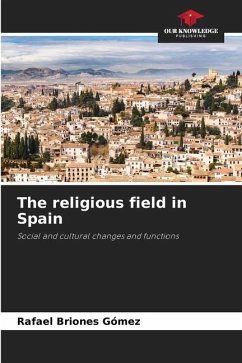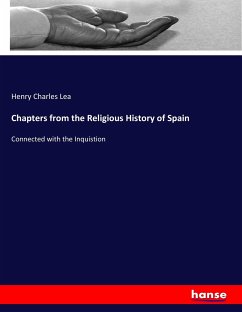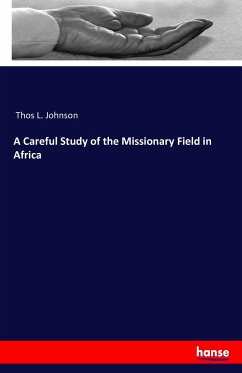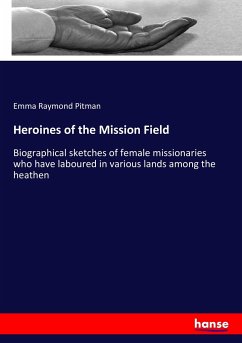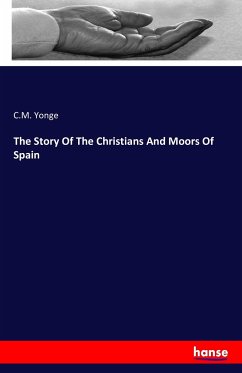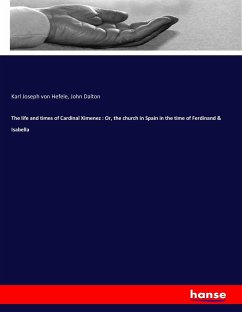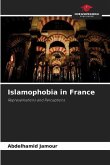This paper deals with three interrelated issues that lead to the process of change in Spain over the last forty years: immigration, religious pluralism and the changes that these factors have caused in the religious sphere. Catholicism, especially official-hierarchical Catholicism, was losing ground. Secularisation has accelerated since the 1980s, causing a "decatholisation" of social institutions and of individual consciences and practices. Contradictorily, alongside the loss of official Catholic religiosity, there is at the same time a revitalisation of the religious field, a certain de-secularisation that is manifested in the continuing strength of popular Catholicism and the increasing visibility of other religions. This religious pluralism stems to a large extent from immigration. The impact of the religious field on social reality is also analysed; along the lines of Marcel Mauss's theory of the "total social fact", the social and cultural functionality of religion is postulated as an adaptive mechanism for immigrants and as a determining factor in the identification processes of Spaniards.
Bitte wählen Sie Ihr Anliegen aus.
Rechnungen
Retourenschein anfordern
Bestellstatus
Storno

